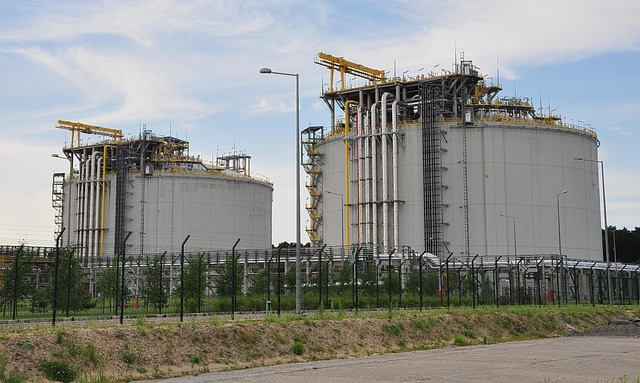
Innovating Social Impact: The Intersection of Science, Technology, and Workplace Culture
The concept of social impact has evolved significantly in recent years, driven by the rapid advancements in science and technology. As organizations strive to make a positive difference in society, the integration of innovation and empathy becomes vital in shaping a workplace culture that fosters collaboration and creativity.
At the heart of this transformation is the role of science. Scientific advancements have provided us with tools to better understand social challenges, from climate change to healthcare accessibility. Organizations harness data analytics and environmental research to create solutions that can mitigate these issues. For instance, nonprofits and businesses alike utilize scientific methods to measure their social impact, ensuring their initiatives lead to genuine improvements in communities.
On the other hand, technology serves as a bridge connecting and empowering diverse populations. With the advent of digital platforms, organizations can easily share resources, foster dialogue, and create global networks that amplify their voice. This accessibility enables a wider range of individuals to contribute to meaningful projects, increasing overall engagement. Moreover, emerging technologies like artificial intelligence and blockchain are making it feasible to track donations’ efficacy or ensure transparency in charitable operations, allowing stakeholders to witness the tangible benefits of their contributions.
Yet, to fully harness these advancements, we must focus on nurturing a positive workplace culture. An environment that encourages innovation requires a blend of trust, inclusivity, and open communication. When employees feel valued and heard, they are more likely to contribute innovative ideas that have the potential to create significant social impact. For example, companies that prioritize diversity and inclusion in their teams can channel a variety of perspectives that lead to inventive solutions, enriching both the organization and the communities they serve.
Furthermore, fostering a culture of continuous learning and development can significantly enhance both employee satisfaction and company performance. Organizations that invest in employee training not only position themselves as leaders in innovation but also demonstrate a commitment to improving the social impact of their workforce. By encouraging employees to engage in volunteer work and community service, companies can further bridge the gap between corporate growth and societal benefit.
As we navigate this exciting crossroads between science, technology, and workplace culture, it is essential to remain mindful of our ultimate goal – to uplift and create meaningful change. Each step taken to innovate and enhance collaboration within our organizations can ripple outward, fostering a broader movement toward a more equitable world. The intersection of these elements is where the future of social impact lies, redefining what it means to be a responsible corporate citizen in today’s world.



